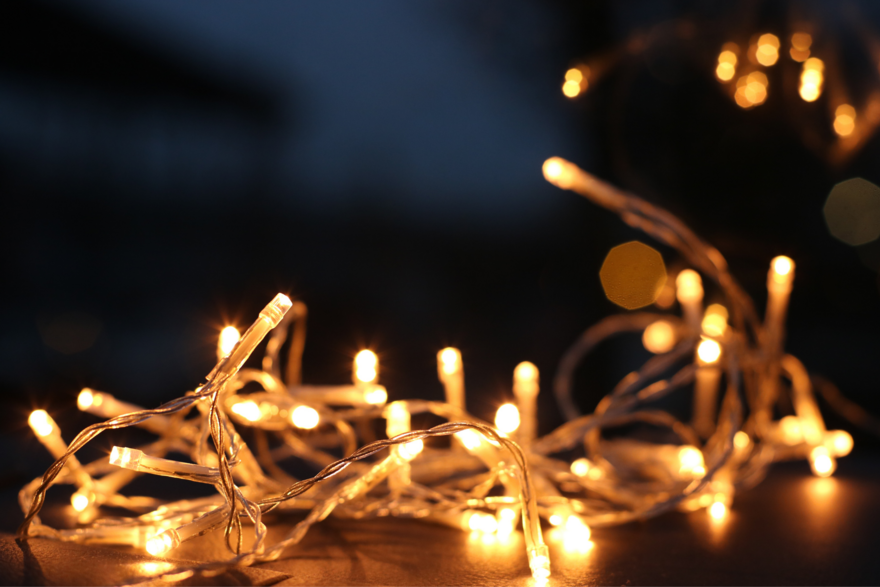What to read over the holidays.

Reading deeply this winter has reminded me for the hundred-thousandth time: reading really does show you how to write what you want to read.
Whether you're taking off and going somewhere warm for a holiday, driving north to a snowy cottage, or staying home and wearing fleece for a few days in a row, let yourself read a few of these books instead of watching Netflix. (You will feel happier if you do, I promise.) xo,

Six books to read this holiday.
A Tale for the Time Being by Ruth Ozeki
The time being: as in, a person who lives within time. When I read this, I felt like Ozeki had seen my mind turned inside out, recognized what I was thinking, and knew everything there was to know about it. Then she wrote a book so I could have a conversation with my innermost self. I think of this book as one of my closest friends. I can't believe it exists: it's like magic.
Emancipation Day by Wayne Grady
This book was a memoir that Wayne Grady started to write almost twenty years ago, when he learned that his great-grandfather wasn't Irish, as he'd always been told -- he was African-American. The story became a novel; in this case, fiction allowed Grady to tell the truest story. Try not to read it in one sitting - a book like this won't come again for a very long time (if ever). Savour the experience of reading it: make it last if you can.
This Is How You Lose Her by Junot Diaz
In an interview last year, Diaz said that writing one of the stories in this collection nearly killed him. In fact, he said writing the whole book was brutal, and he never wants to write short stories again. I'm not going to hold him to that. But here's the thing: when you read these stories, you can't tell. He makes it feel easy! These stories are fluent.
Their Eyes Were Watching God by Zora Neale Hurston
I hadn't read this book before. It was one of the classics that slipped past me. What? How had I managed to miss this? Read it: for audacity of language, for point of view, for structure. If you've read it already, read it again -- for real this time. How does she get away with it? And what could you get away with, if you gave yourself permission to write what you needed to write?
Dusk by James Salter
Anyone who has spent any time with me this winter knows I can't shut up about these stories. Salter's writing contains some of the most distilled sentences I've ever read. This book reminds me of why I love writing, why it can be such an honour to work with language. There are single sentences in this book that make me stop reading because my heart/mind has seized, and will overload if I don't pause before continuing.
Frances and Bernard by Carlene Bauer
This is a book of letters, inspired by the lives of Flannery O'Connor and Robert Lowell, but the characters of Frances and Bernard are also uniquely themselves. Their correspondence is intense: and there is nothing that I love more than reading letters written by writers who are passionately writing to each other about writing. Plus: New York City in the late fifties.
Disclosure: This post contains affiliate links. If you purchase something using one of these links, I may earn a commission. I only recommend books or products I trust.

4 comments
Leave a comment